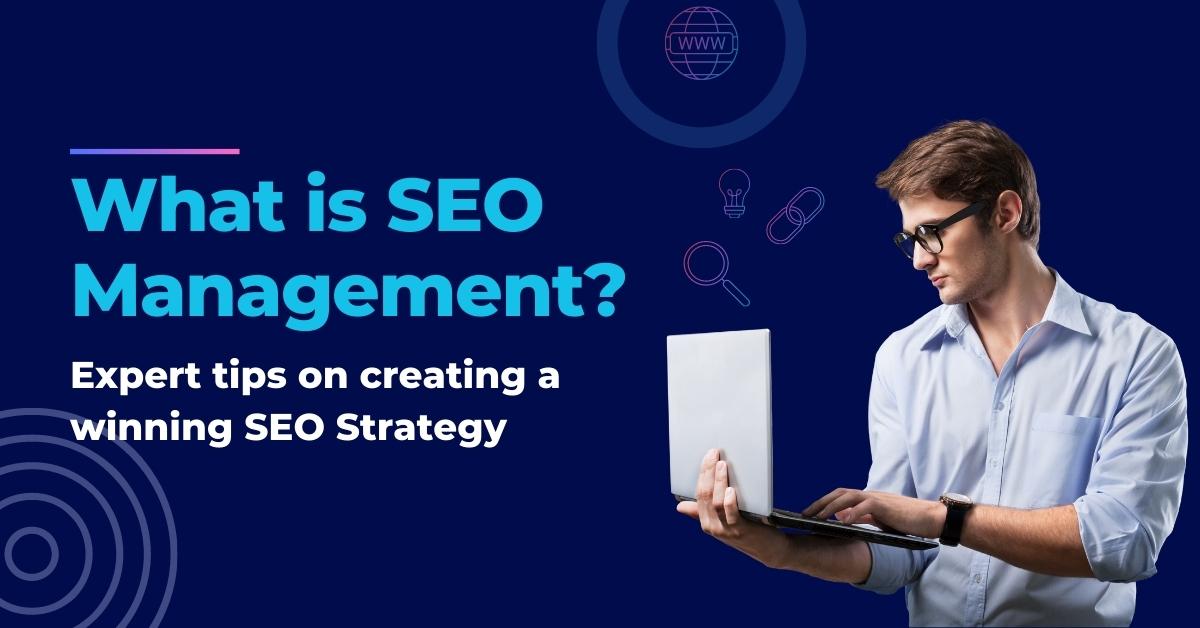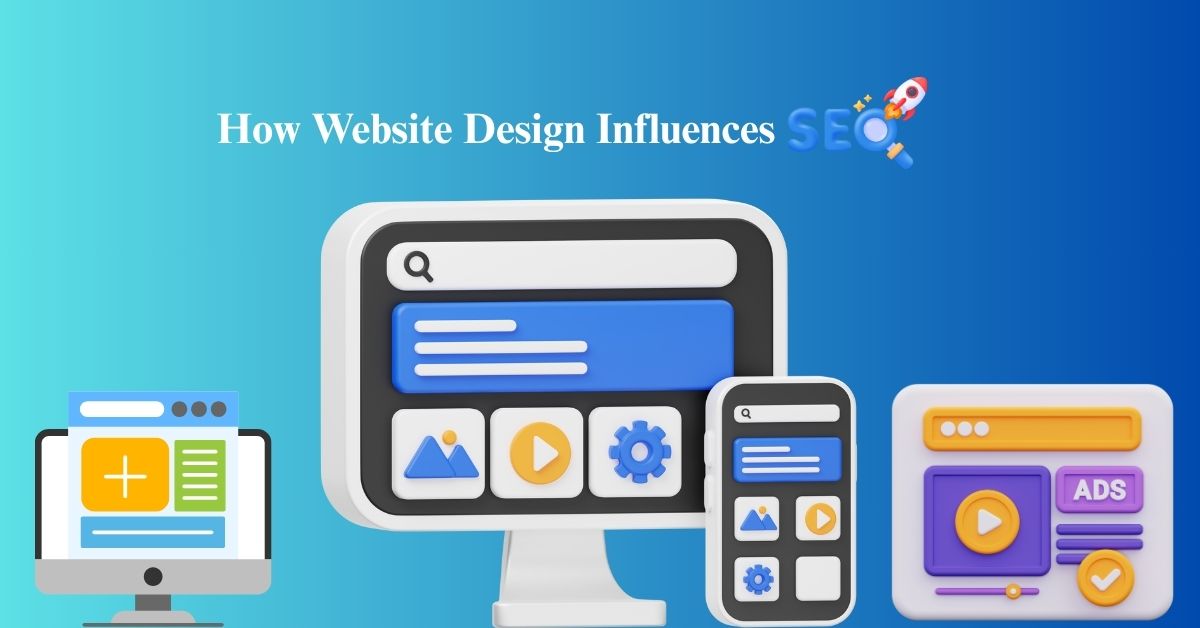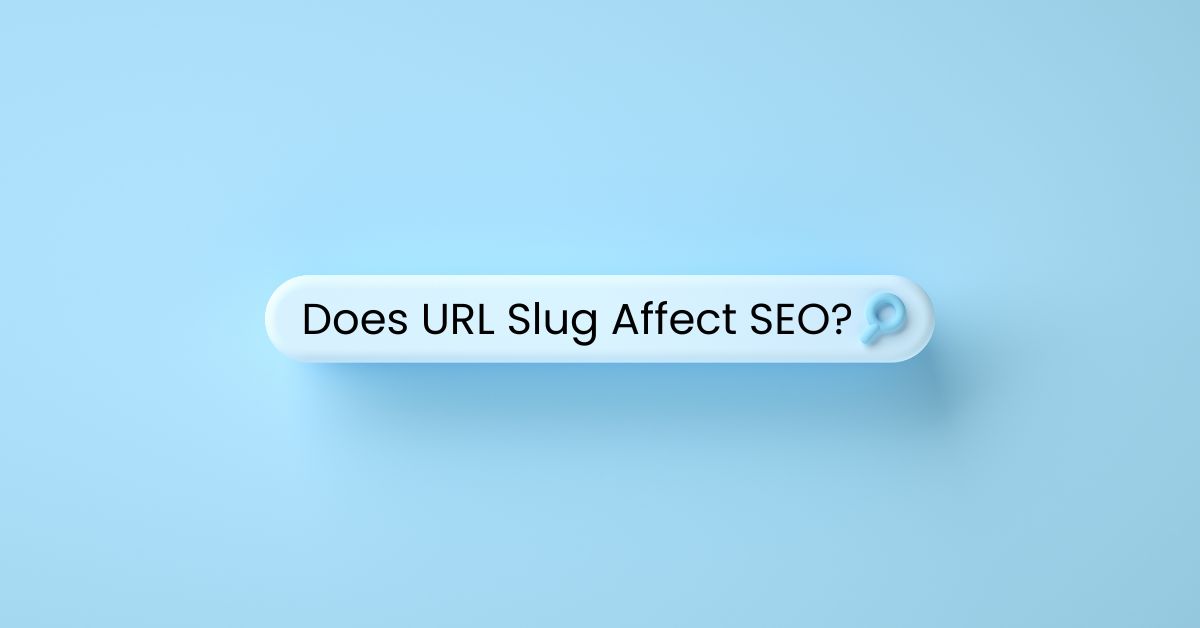
“In a day and age where Organic search results drive more than 50% of a website’s traffic, Optimising your website has become essential to make it stand out.
This article will give you all the essential information you need to develop a successful SEO strategy with SEO management services, regardless of your level of familiarity with SEO.”
TABLE OF CONTENTS
What is SEO?
SEO or Search Engine Optimisation is a set of practices designed to improve the appearance and optimise your website so it achieves higher rankings in Search Engine Result Pages(SERP).
Search engine optimisation makes for #1 priorities in strategic digital marketing. A thought-out SEO strategy helps increase the number of users who reach your site — thus helping you gain much-needed exposure. This then leads to an increase in conversion rates and trust from your target audience.
Many mistake SEO for a one-time investment. Back in the day, in the early 2000s, one could post anything and it would still get clicked on. SEO had a “set it and forget it” scene.
As competition grew, Google started taking notice and began evolving its algorithms to meet user expectations and display relevant results in response to queries.
Now that everyone is vying for attention from the broad yet same audience base, SEO is the oxygen that breathes life into businesses. To protect websites from the unpredictability of updates in algorithms, consistent and user-intent backed SEO practices become more important than ever.
What Are SEO Management Services?
Before starting with SEO or thinking to level up your efforts, you need to ask yourself,
“What do I want to get out of SEO?”
Some may say they want to get found. Better responses could also be a high rate of conversions, quality and targeted traffic on their website. You can even expect to improve your return on investment (ROI) from all the time, money and effort you invest in SEO activities.
Your goals and expectations for business decide the purpose of your SEO strategy in the first place. You cannot proceed, or it’ll end up costing you more than you think.
As much as you’d like to succeed, you’ll have to come up with a thought-out strategy after defining your goals. You must also note that a thorough understanding of industry trends, user behaviour and algorithm updates will increase your chances of better results.
This is exactly what an SEO expert or SEO agency does. If ranking on the first page of Google matters for you and it should, they will help you get there.

How To Lead A Successful SEO Strategy
A- Analyse Your Current SEO Performance
Analysing your current metrics is a must when it comes to building a good SEO expert strategy. It will help you set goals, track results, and identify what’s working and what isn’t.
You need to keep track of;
(i). Organic Traffic: The number of people coming to your website from Organic(non-paid) search.
(ii). Keyword Rankings: Which is how high your pages appear on Google for a particular keyword.
(iii). Backlinks: This refers to the number of pages with links pointing to your website.
Combined, these metrics provide a good report of the site’s overall SEO performance.
B- Research Your Audience
Companies and SEO specialists with the best SEO performances usually have a very good understanding of their audience. If you can identify your ideal website visitor as well as who they are and what motivates them, you’ll be able to centre your SEO in Auckland strategy around your target audience. This will increase your leads exponentially, leading to an increase in sales.
You can use the following methods to research and analyse your audiences;
(i) Utilise tools like Google Trends, Semrush, Also asked and Buzzsumo to generate a list of keywords related to your brand and demographic distribution of the audience around that keyword.
This includes information on; The age group of your target audience, and the dominant gender of your target audience. This information can help you to determine topics, interests, and other terminology that is relevant to those groups.
(ii) Analyse Other Brands to get more information on your target audience
(iii) Send Out Surveys
(iv) Use tools like AnswerThePublic.com to identify the most commonly asked questions in a particular niche so you can answer them directly.
(v) Take advantage of the audience analysis tools of some social media platforms to get more social insights.
C – Study Your Competitors’ SEO Strategies
Instead of Guessing which keywords to use or which content to create, you can just study what’s working for others. This will help you:
- Replicate your competitors’ strategies
- Prioritising the most important SEO tasks.
Every SEO strategy starts from market research. Most importantly research on audience and competition. Skipping on those will compromise your investment on resources and will leave you with an unsuccessful SEO campaign.
D- Improve On-Page SEO
On-Page SEO is the practice of optimising your website’s content for search engines and users.
You can Improve your On-Page SEO by using the following tips:
- Optimise your titles and meta descriptions
- Use headers to break up your content
- Use short and descriptive URLs
- Optimise your images by: using correct image dimensions for your site’s theme, adding alt-text, using high-resolution photos, etc.
- Use internal linking
You can also run your website’s URL through an SEO tool and use the data it provides to:
- Find which pages perform the least and optimise their on-page SEO.
- Improve the User Experience on your website.
- Find related keywords you can use to enrich your content.
E – Improve Your Existing Content
Poor content signals to a Search Engine that your website provides Invaluable information. This will compromise your domain authority and greatly reduce your chances of getting backlinks.
When a user performs a search, the pieces of content that appear in the search results are ranked based on their usefulness and relevance to the user. This means that for your content to have any SEO value, it must be helpful to searchers.
Following is a snippet from an article released by Google that pretty much sums it up.
If your content manages to meet the above qualifications, expect to witness a spike in your number of visitors and Backlinks references.
F – Resolve Technical SEO Issues
Technical SEO is the process of optimising your website to help search engines find, crawl, understand, and index your pages.
The easier you make it for search engines like Google to access your content, the better chance you have to get recommended and rank high.
To Improve your site’s Technical SEO, you need to perform actions like:
- Submitting your sitemap to Google
- Creating an SEO-friendly site structure
- Improving your website’s speed
- Making your website mobile-friendly
You also have to take into consideration other factors which are:
- Canonical tags
- 404 pages
- Javascript
- URL structure
Technical SEO is important because it can affect how well your site performs in search engines and how easy it is for users to access and navigate your content.
G – Improve Your Off-Page SEO
Off-page SEO refers to SEO services or activities applied outside of a website to boost its rankings. When Improving your Off-Page SEO, you should look at these aspects:
- Building backlinks
- Encouraging branded searches
- Increasing engagement and shares on social media
Building backlinks remains the “heart of Off-Page SEO”. Backlinks act as a show of trust for Search Engines. This way, they know the websites they showcase first provide high-quality content.

Final Thoughts
Ranking on Search Engines is a lot of trial and error. You have to juggle between different methods. The Algorithm is constantly evolving and so, no SEO campaign is ever completed. Therefore evaluating your work and reporting on a monthly basis is essential to stay on track.
Fortunately with an experienced SEO company, things get more manageable. The Tech Tales is all about SEO and things surrounding it — whether you want to climb up your rankings or get the ROI you’ve always wanted, consider it done. Our 15+ year old expertise in white-hat SEO has helped us benefit our clientele and we can do it for you too.
Want to know more about our SEO management services? Get in touch with us and we’ll take it from there.





